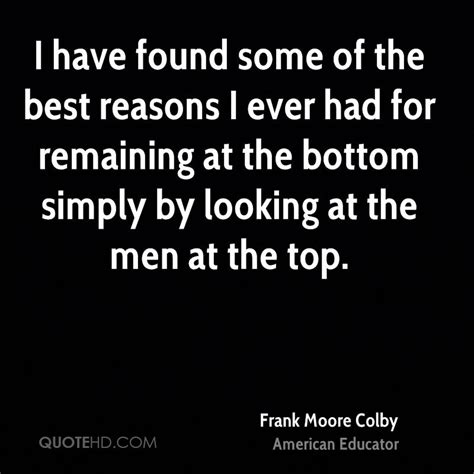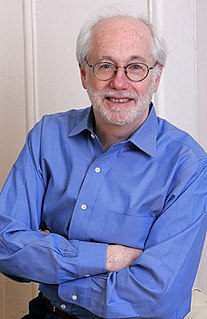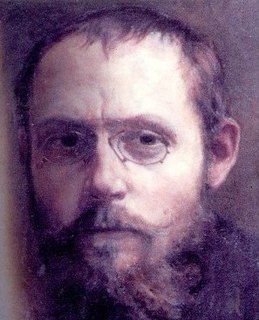A Quote by Samuel Beckett
To every man his little cross. Till he dies. And is forgotten.
Related Quotes
In every Christian's Heart, there is a cross and a throne, and the Christian is on the throne till he puts himself on the cross; if he refuses the cross, he remains on the throne. Perhaps this is at the bottom of the backsliding and worldliness among Gospel believers today. We want to be saved, but we insist that Christ do all the dying. No cross for us, no dethronement, no dying. We remain king within the little kingdom of man's soul and wear our tinsel crown with all the pride of a caesar; but we doom ourselves to shadows and weakness and spiritual sterility.
The Forgotten Man... works, he votes, generally he prays-but he always pays-yes, above all, he pays. He does not want an office; his name never gets into the newspaper except when he gets married or dies. He keeps production going on.... He does not frequent the grocery or talk politics at the tavern. Consequently, he is forgotten.... All the burdens fall on him, or on her, for it is time to remember that the Forgotten Man is not seldom a woman.
Most of the world's great souls have been lonely. Loneliness seems to be one price the saint must pay for his saintliness... Always remember: you cannot carry a cross in company. Though a man were surrounded by a vast crowd, his cross is his alone and his carrying of it marks him as a man apart. Society has turned against him; otherwise he would have no cross. No one is a friend to the man with a cross.
If God wishes to be born as man and to unite mankind in the fellowship of the Holy Ghost, He suffers the terrible torment of having to bear the world in its reality. It is a crux; indeed, He Himself is His own cross. The world is God's suffering, and every individual human being who wishes even to approach his own wholeness knows very well that this means bearing his own cross. But the eternal promise for him who bears his own cross is the Paraclete.
The Forgotten Man is delving away in patient industry, supporting his family, paying his taxes, casting his vote, supporting the church and the school, reading his newspaper, and cheering for the politician of his admiration, but he is the only one for whom there is no provision in the great scramble and the big divide. Such is the Forgotten Man. He works, he votes, generally he prays — but he always pays — yes, above all, he pays.
The man with a cross no longer controls his destiny; he lost control when he picked up his cross. That cross immediately became to him an all-absorbing interest, an overwhelming interference. No matter what he may desire to do, there is but one thing he can do; that is, move on toward the place of crucifixion.



































